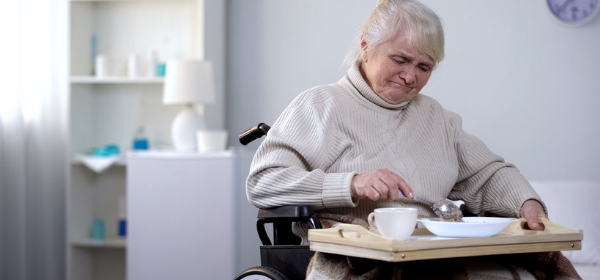Attention to the abuse and neglect of people in institutional settings is at the forefront of existing and proposed policy agendas. Investigations, reviews and calls for action feature in the workload of the Joint Committee on Human Rights; the Health and Social Care Select Committee; the Equality and Human Rights Committee and the Care Quality […]









